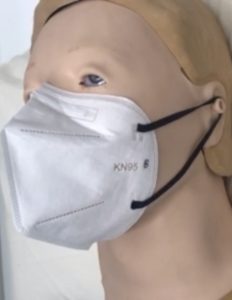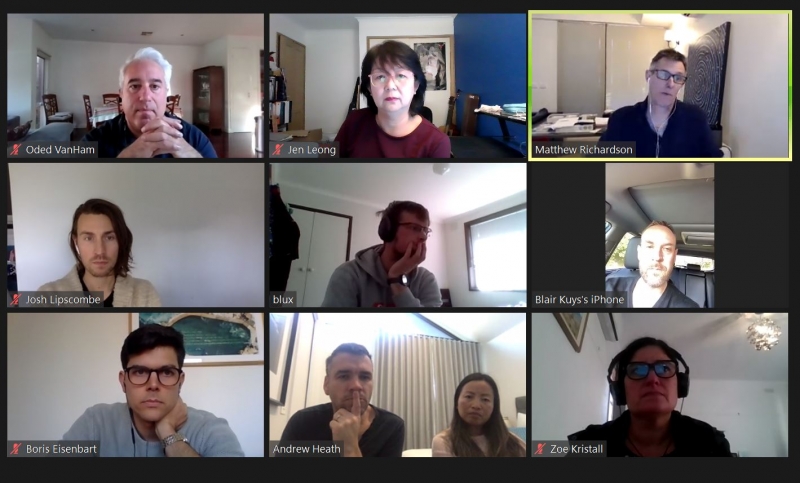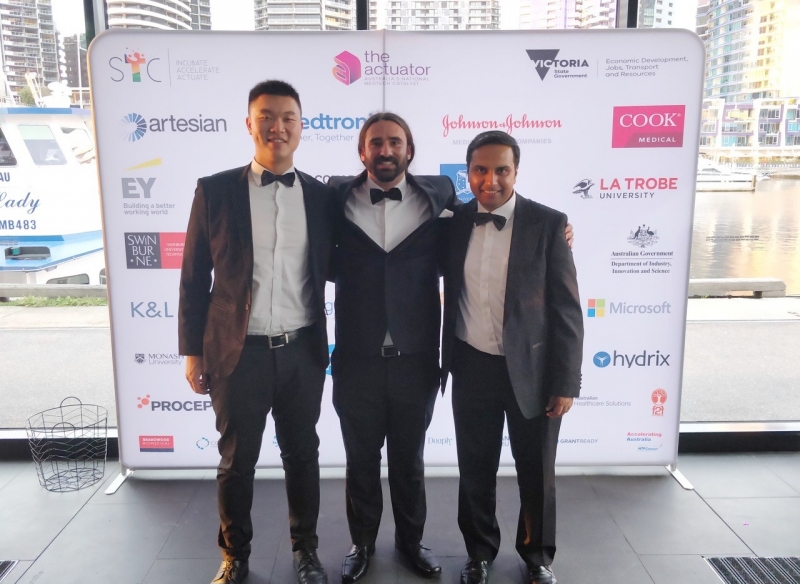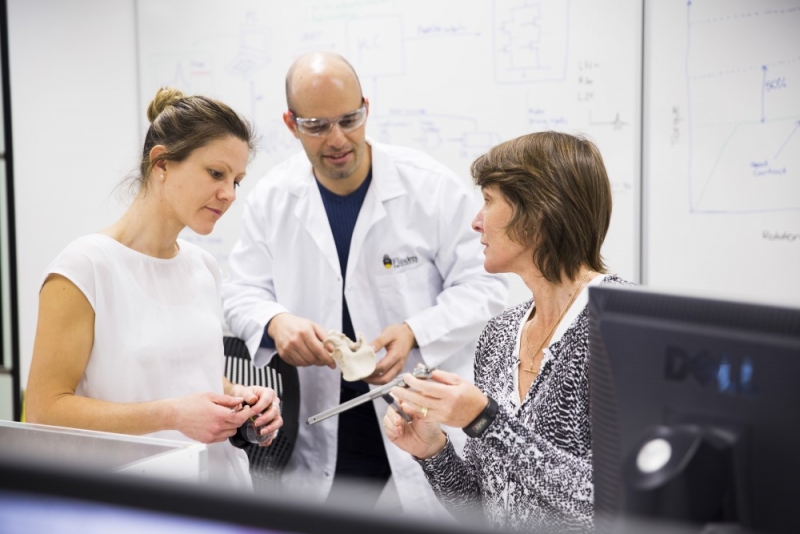
Premier Steven Marshall said the State Government’s strong plan to protect South Australians during the coronavirus pandemic was fostering the development of critical local medical capability.
“Making and testing respirators and surgical masks in Adelaide is exactly the type of innovative response required to provide Australia with the equipment needed to halt the spread of COVID-19 and save lives,” said Premier Marshall.
“This is an outstanding example of government, universities and business coming together to work in the national interest in the most challenging of times”
Minister Wade said the establishment of testing facilities at local universities for locally made respirators and surgical masks will provide ongoing assurance to the public of the quality and safety of equipment being used in our hospitals.
“I commend the initiative of Flinders University and the University of South Australia for recognising the important role they can play to improve the delivery of this vital protective medical equipment to Australian health workers,” said Minister Wade.


